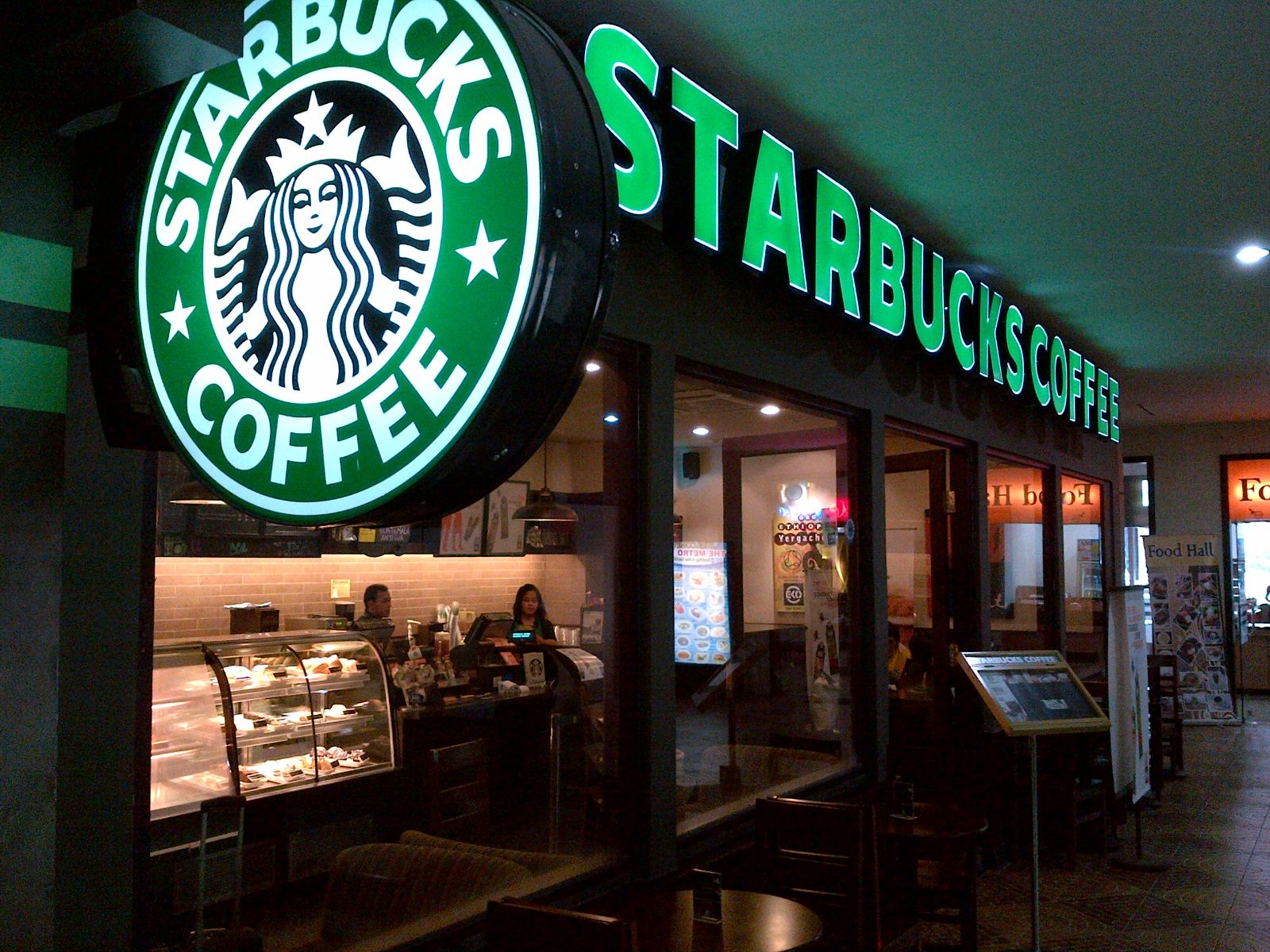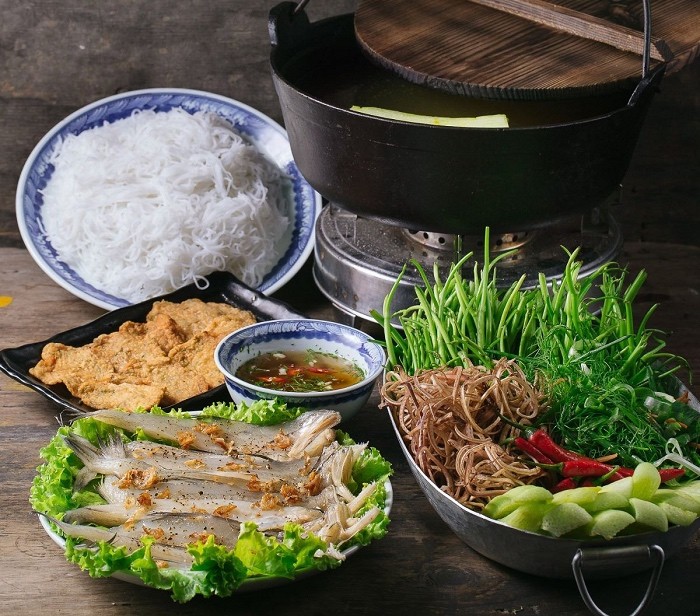Which Vietnamese coffee brands are threatening Starbucks
A recent survey showed Vietnam is the only country, in which Starbucks is not the most preferred coffee house chain, due to the popularity of domestic brands such as Trung Nguyen and Highlands.
Not so long after entering Ho Chi Minh city, Starbucks faced direct competition from the coffee shop chain Phuc Long. Starbucks opened a café on Ly Tu Trong street, District 1. Just behind them is a store of Phuc Long, with modern furnishings, also a blue and white logo, but with a more affordable price. This Vietnamese coffee chain is determined to attract potential customers of Starbucks, opening more stores in commercial centers and near offices.
 |
However, the American brand expressed no concern. “Although the food and drinks market in Vietnam is increasingly competitive, 20 Starbuck stores in Hanoi and Ho Chi Minh city are still working well. We intend to increase the number of stores across the country to 30 by the end of this year,” said Alain Cany, the owner of the franchised Starbucks chain in Hong Kong.
Despite encountering competition from domestic opponents, Starbucks is still seen as a choice for the elites in Vietnam. Ho Chi Minh city, though it has no shortage of domestic brands with extremely perse products, remains a potential market full of growth opportunities.
A survey carried out by FT Confidential Research with 1000 customers in the five biggest economies of ASEAN (excluding Singapore) in 2015 showed that Vietnam is the only country in which Starbucks is not the most preferred coffee shop chain, due to the popularity of domestic brands such as Trung Nguyen and Highlands. The emergence of independent coffee shops is becoming a long-term challenge for international brands.
Jakarta, the capital of Indonesia, can be seen as a typical example where coffee consumption increased by 5% per year. We can easily see domestic coffee nameplates everywhere and organic coffee is growing strongly. A similar trend is also occurring in Kuala Lumpur, Manila and Bangkok.
Thanks to favorable demographics and high consumption per capita, Indonesia and Vietnam are the two markets with long-term growth potential for the largest consumer products industries. However, it’s the Philippines that witnesses the explosion of the fast food market, partly because of the dominance of domestic chains such as Jollibee and Max’s Restaurant. Fast food culture, flourishing in the Philippines due to rapid urbanization, has many similarities with American culture and trends of working at night.
However, the preference to Jollibee fell slightly, according to the survey of the 2013-2015 period by FT Confidential Research. This is a positive sign for international brands such as McDonald’s, which now intends to raise its total numbers of stores to 500 in the country.
Additionally, Jollibee also faces competition from domestic food cooperations, such as the Bistro Group with a series of popular restaurant around Manila, including the franchised chains from American brands, for example TGI Fridays, Texas Roadhouse and Denny’s. It was followed by the rise of Vikings Luxury Buffet restaurant chain, pervading the business centres. 7-Eleven is also encroaching into the field of fast food, which targets customers working at night.
In response, Jollibee has sought to expand the market, especially towards Filipino overseas communities. The company paid $100 million to acquire 40% stake in American Smashburger brand and holds a significant position in the US, China and Southeast Asia./.
Ha Thuong ( vnexpress.net )


